
Ansible / Ansible Course / Automation / Cloud / Utilities
Ansible Introduction
You have hundreds and thousands of online documentation and wiki pages for learning Ansible, and this is our attempt to cover Ansible in a simple and beginner level approach.
See all parts of Automation with Ansible Guides here
What is Ansible
Ansible is a simple and awesome IT automation engine by which you can automates your IT environment for provisioning, configuration management, application and patch deployment, orchestration etc.
Ansible is,
- Simple – commands and playbooks are human readable and easy to exchange between teams; they don’t need special skills to read it.
- Powerful – you can manage application/patch/server deployment, configuration, workflow automation or appliances (ESX hosts, Storage boxes or network devices).
- Agentless – Ansible does not need any agent to be running on the managed hosts , instead it connect to the hosts using OpenSSH or WinRM.
How Ansible Works
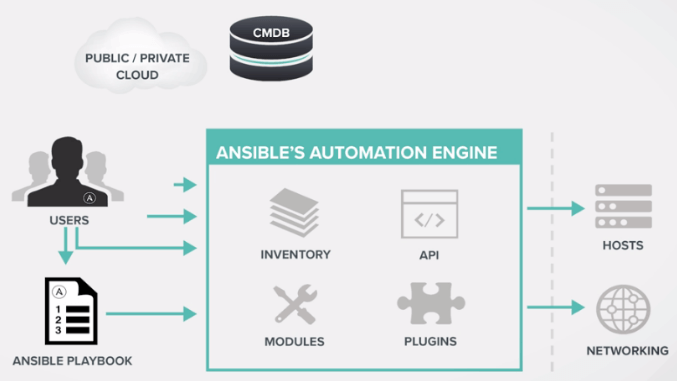
Ansible Concept and Architecture
Controlnode – Ansible is installed and run from the controlnode and will contain copies of your project file including ansible playbooks. It can be a workstation or a dedicated server in the environment.
Managed Hosts – these are listed servers or nodes in the inventory – defined as static or via dynamic inventory scripts – on which Ansible commands or playbook tasks need to be executed.
Playbook – Plays are ordered set of tasks to execute against host selections from your inventory. A playbook is a file containing one or more plays.
Tasks – Task run a module with arguments to accomplish the required state or action.
Tasks → Plays → Playbook
Ansible Tower – is an enterprise framework by Redhat, to manage, control and secure your ansible environment.
Use Cases
- Provisioning
- Configuration Management
- App Deployment
- Continuous Delivery
- Security & Compliance
- Orchestration
Let’s learn about Ansible Installation in next part.
See all parts of Automation with Ansible Guides here
Disclaimer:
The views expressed and the content shared in all published articles on this website are solely those of the respective authors, and they do not necessarily reflect the views of the author’s employer or the techbeatly platform. We strive to ensure the accuracy and validity of the content published on our website. However, we cannot guarantee the absolute correctness or completeness of the information provided. It is the responsibility of the readers and users of this website to verify the accuracy and appropriateness of any information or opinions expressed within the articles. If you come across any content that you believe to be incorrect or invalid, please contact us immediately so that we can address the issue promptly.
Tags:
Comments
3 Responses
Leave a Reply

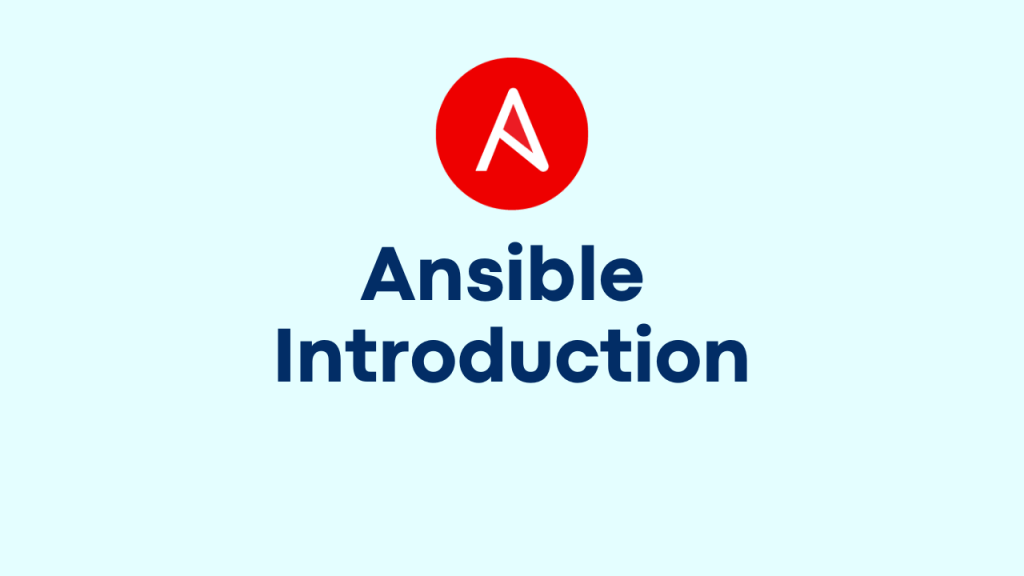
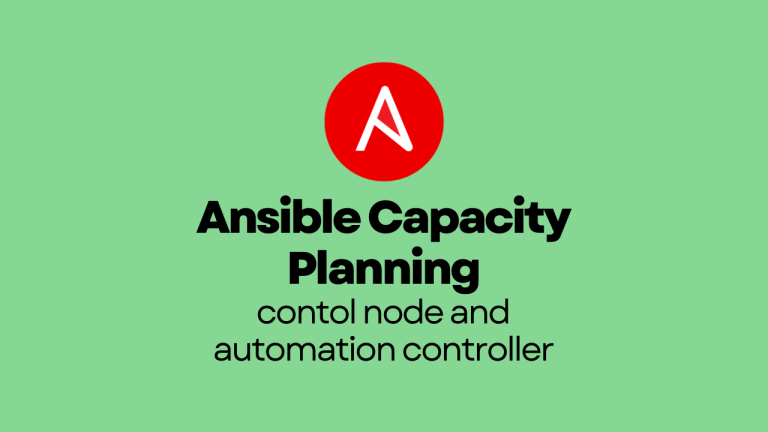
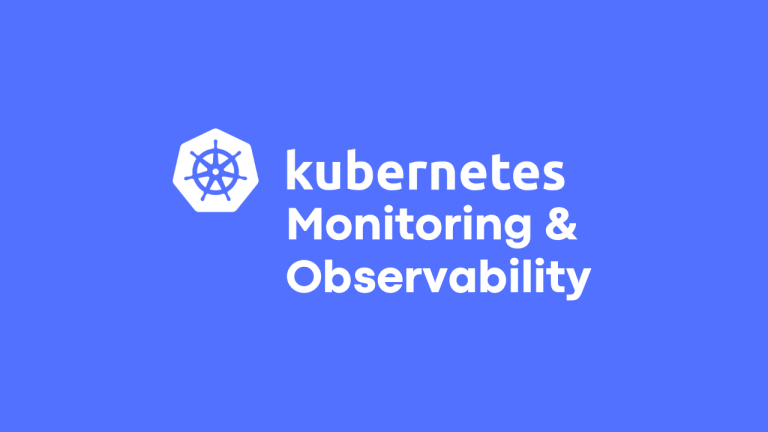
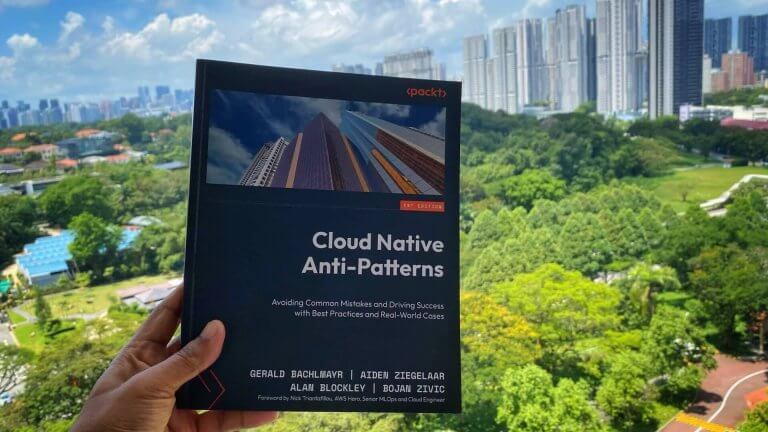
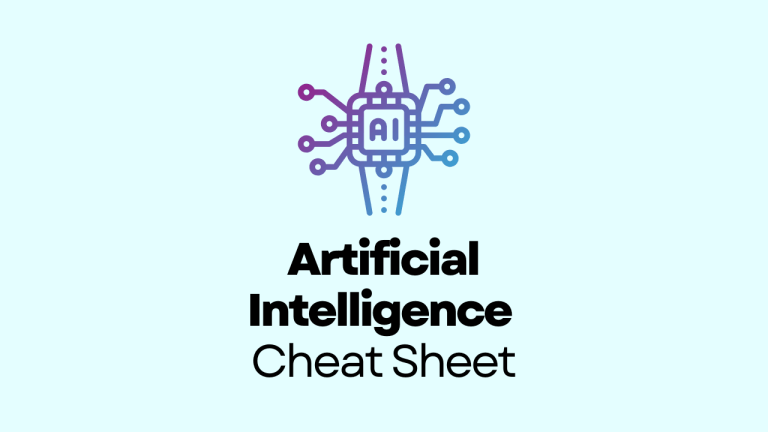
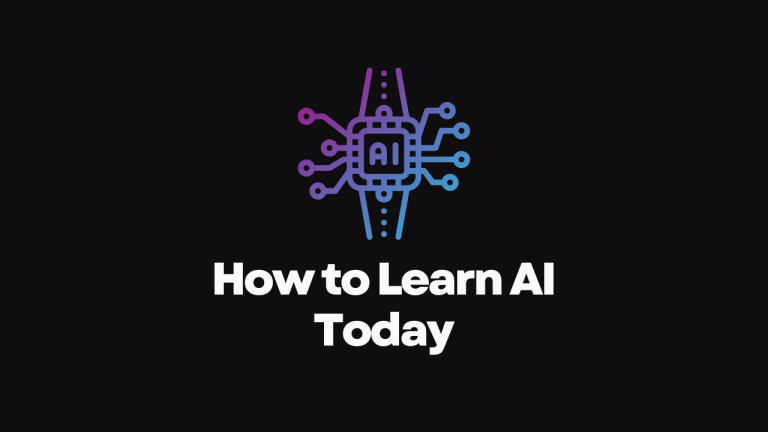
Such an easy intro.. thanks.
very good introduction so easy amazing
Thank you 😀